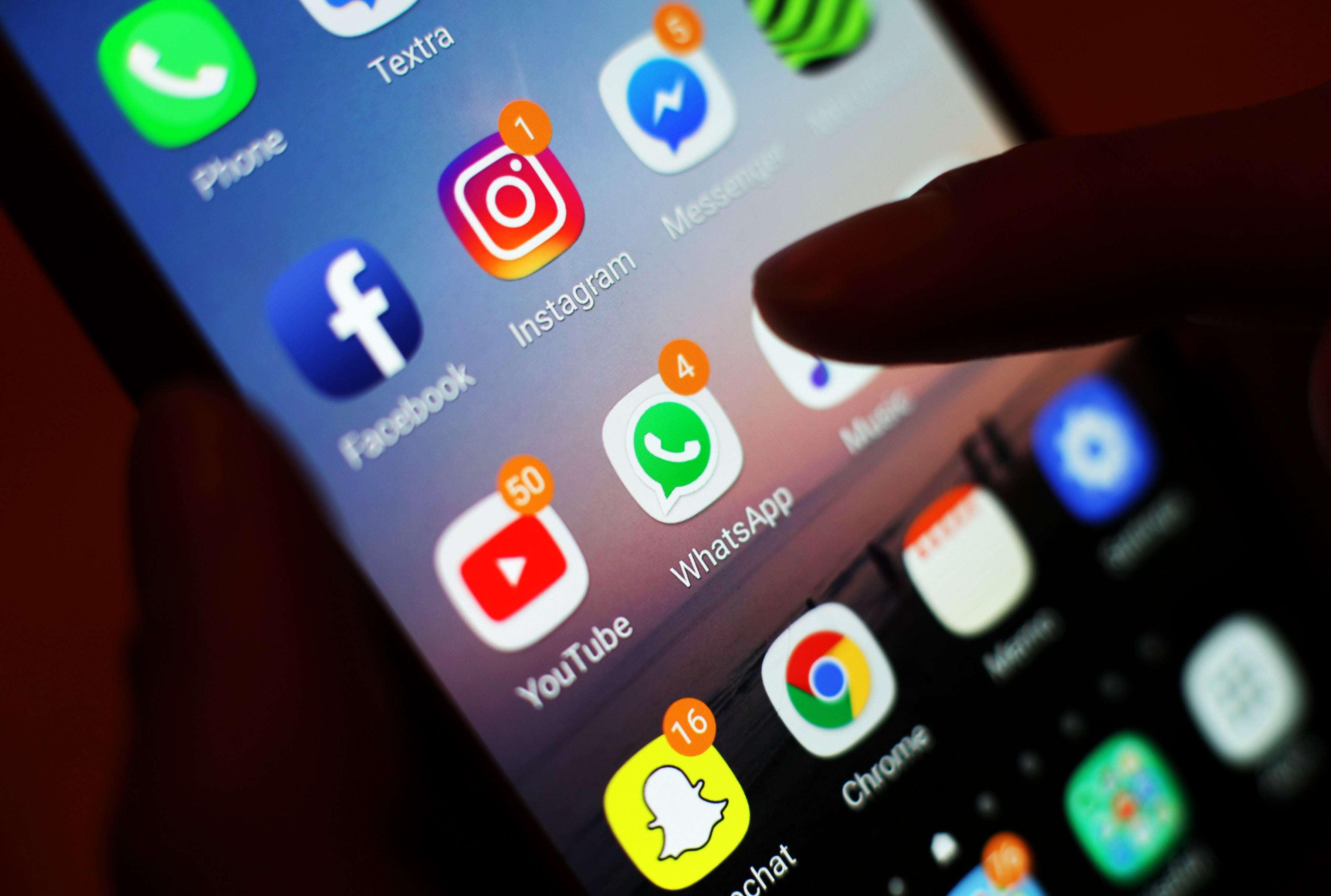AI facial filters can change who we find attractive, according to scientists
Volunteers didn’t know their smiles were being manipulated during the experiment

Your support helps us to tell the story
From reproductive rights to climate change to Big Tech, The Independent is on the ground when the story is developing. Whether it's investigating the financials of Elon Musk's pro-Trump PAC or producing our latest documentary, 'The A Word', which shines a light on the American women fighting for reproductive rights, we know how important it is to parse out the facts from the messaging.
At such a critical moment in US history, we need reporters on the ground. Your donation allows us to keep sending journalists to speak to both sides of the story.
The Independent is trusted by Americans across the entire political spectrum. And unlike many other quality news outlets, we choose not to lock Americans out of our reporting and analysis with paywalls. We believe quality journalism should be available to everyone, paid for by those who can afford it.
Your support makes all the difference.Researchers have discovered that AI filters used in real-time could have the power to influence who people are attracted to.
A study used AI to transform faces in real time to investigate the social signals that influence the beginnings of romantic attraction.
Smiles were digitally changed during conversations during video-based speed-dating sessions using volunteers.
During each date, the research team used AI to align, or misalign the smiles of the participants, either increasing or decreasing their smiles in real-time.
None of the volunteers knew their smiles were being manipulated during the experiment.
The filters used were similar to those already used by social media apps such as Instagram and TikTok, but researchers said they were more realistic and unnoticeable to the participants.

Researchers found that although participants were unaware of their faces being transformed, aligning the smiles of participants enhanced the romantic attraction they felt towards each other when compared with scenarios where they were not aligned.
They also noted that even when participants did not see their own faces as they were transformed, the transformations in their faces still affected their own attraction ratings through feedback loops.
The effects of the AI-based smiles also impacted the participants vocal behaviour and their desire to mirror each other’s facial expressions.
Participants also believed the other person was more attracted to them when the researchers increased the smiles seen in their dating partner.
Following the experiment, participants were informed that their faces were being changed by the filters, and researchers explained how this could have influenced the transformations they may have had on their interactions.
The study team says this research highlights a number of key scientific and ethical questions about the potential use of AI facial filters in real time during social interactions, and what implications they could have for psychological research and ethical studies, particularly as the facial filters available for public use become even more sophisticated.
Dr Pablo Arias-Sarah, lead author of the study from the University of Glasgow’s School of Psychology and Neuroscience, said: “This study highlights the potential impact that face transformation filters, when meticulously calibrated, can have on interpersonal communication.
“From a scientific perspective, it enables us to uncover the social parameters that can modulate the emergence of attraction between two potential romantic partners, and more generally, enable us to study how precise social factors influence how individuals interact with one-another.
“From an ethical perspective, this study allows us to raise interesting ethical questions. In coming years, it seems inevitable that AI-based face and voice filters will become increasingly realistic and prevalent on social media.
“Yet, it remains largely unknown how these technologies might influence the social behaviour of users. As was recently done for other new technologies, for example deep fakes, a clear ethical guideline about the use and regulation of these technologies might be required.”